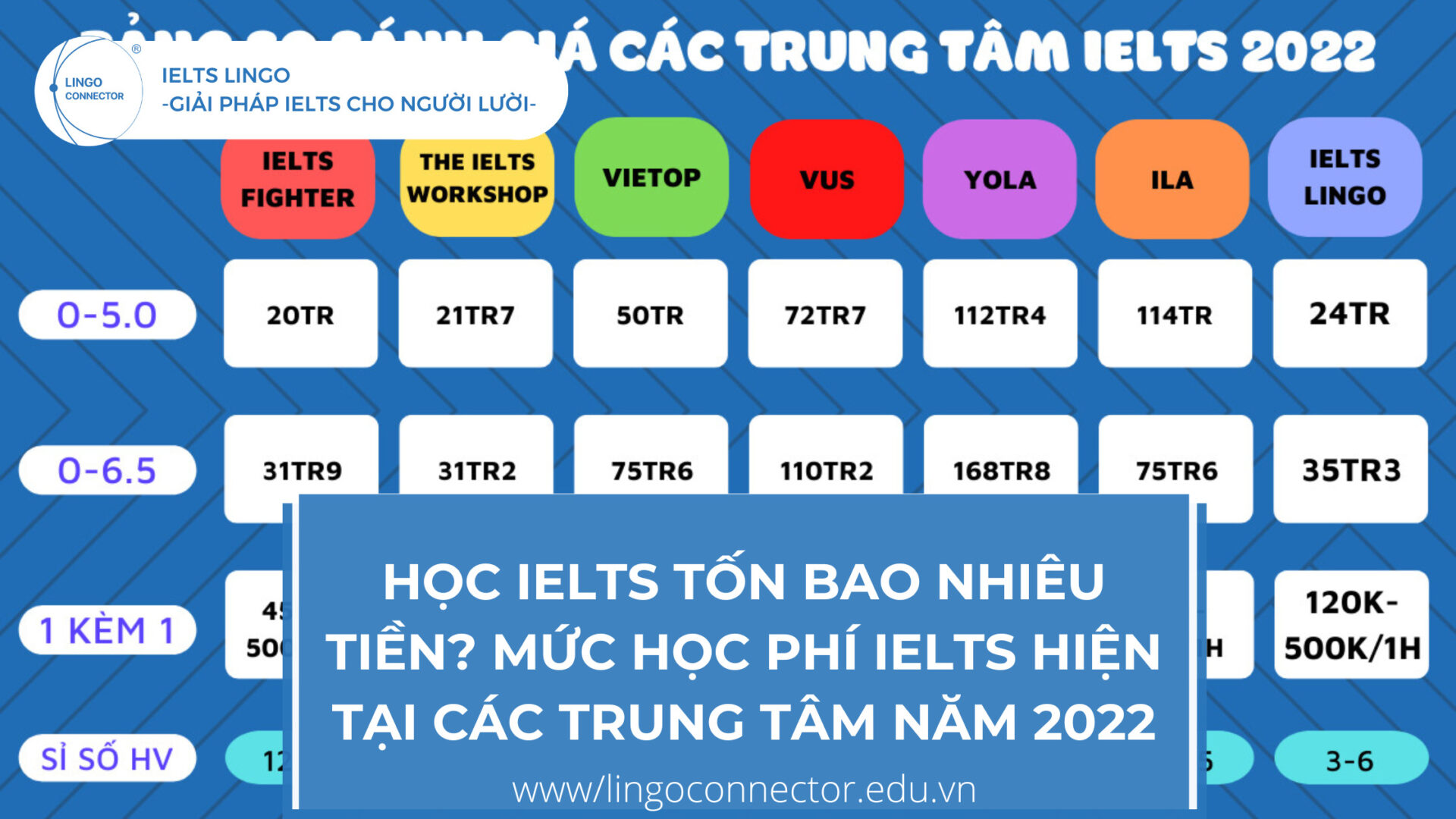Bổ sung nhiều từ vựng cho nhiều chủ đề là bước cần chuẩn bị kỹ trong quá trình ôn luyện IELTS. IELTS Lingo Connector muốn chia sẻ đến các bạn một chủ đề khá phổ biến, đó là chủ đề CULTURE cùng collocation và bài mẫu writing task 2. Cùng Lingo tìm hiểu bài viết dưới đây nhé!
Xem thêm:
20 Cấu Trúc Nâng Cao Dành Cho IELTS WRITING ( Band 7.0+)
10 Cấu Trúc Nâng Cao Dành Cho IELTS WRITING ( Band 7.0+)

1. Collocation với Culture
- National culture legacy: Di sản văn hoá quốc gia
- Culture shock: Sốc văn hoá
- Indigenous culture: Văn hoá bản địa
- Exotic culture: Văn hoá nước ngoài xâm nhập vào, văn hoá ngoại lai
- Time-honoured culture/ Long-standing culture: Nền văn hoá lâu đời
- Deep-rooted culture: Văn hoá bám sâu vào cội rẽ
- Contemporary culture / modern culture: Văn hoá đương đại
- Folk culture: Văn hoá dân gian
- Local culture: Văn hoá địa phương
- A diversified culture: Nền văn hoá đa dạng
- Social culture: Văn hoá xã hội
2. Collocation với CULTURAL
- Cultural specificity: Nét đặc trưng văn hoá
- Cultural exchange: Trao đổi văn hoá
- Cultural uniqueness: Nét văn hoá đặc sắc
- Cultural assimilation: Sự đồng hoá văn hoá
- Cultural integration: Sự hội nhập văn hoá
- Cultural globalization: Toàn cầu hoá văn hoá
- Cultural degradation: Sự xói mòn về mặt văn hoá
- Cultural richness/ Cultural diversity: Sự đa dạng văn hoá
- Cultural festival: Lễ hội văn hoá
- Intangible cultural heritage of humanity: Di sản văn hóa phi vật thể của nhân loại
- The total loss of cultural identity: Sự đánh mất bản sắc văn hoá
3. Những từ liên quan khác
- National identity: Bản sắc dân tộc
- Racism: Chủ nghĩa phân biệt chủng tộc
- Race conflict: Xung đột sắc tộc
- Historic site: Di tích lịch sử
- Melting-pot society / Multi-cultural society: Xã hội đa văn hoá, đa sắc tộc
- Acculturation: Sự tiếp nhận và biến đổi văn hóa
- Ritual: Lễ nghi
- Civilization: Nền văn minh
- Civilize something: khai sáng thứ gì đó
- To be imbued with national identity: Đậm đà bản sắc dân tộc
- Show prejudice (against sb/st): Thể hiện thành kiến với ai/cái gì
- Commercialization: sự thương mai hoá.
- Give somebody a false impression: cho ai đó một ấn tượng sai.
- Do permanent damage: gây ra những tổn thương vĩnh viễn.
- Heighten awareness: nâng cao nhận thức
- Gathering public attention and support: nhận đợc sự chú ý và ủng hộ từ dư luận.
4. Bài mẫu chủ đề CULTURE trong IELTS WRITING
Some people feel that cultural traditions are ruined when people use them to make money from tourists. Others claim that using these traditions as money-making ventures is the only way to save them. In my opinion, both views are true to a certain extent.
To begin with, many traditional customs are modified for commercialization, and end up losing their originality and value. For example, Vietnamese traditional dances such as the lion dance, which were traditionally performed only by martial artists during special occasions, are now often poorly performed by amateurs at tourist sites across the country. Such changes not only give foreign visitors a false impression, but can also make the dance less meaningful to the local people. Also, many traditionally sacred sites are heavily damaged by the irresponsible behaviors of tourists. For instance, a well-known Youtuber named Logan Paul recently visited Japan and filmed himself dumping a bag of coins into a sacred well, where people often drop coins for luck, and did permanent damage to one of Japan’s most famous iconic traditions.
On the other hand, there are several reasons why monetizing from cultural traditions is the only way to protect them. First, the revenue could be used for the preservation of such traditions. For example, many people in Bat Trang village in Vietnam make their living from selling traditional ceramic products, and thus are able to continue one of the oldest traditions in Vietnam. Second, by putting cultural tradtions on public display, the government could heighten people’s awareness of preserving these traditions. For instance, the Vietnamese government has built several museums around the country that solely exhibit examples of ethnic minority cultures in an attempt to protect cultural values without affecting the lives of these ethnic people, yet successfully gathering lots of public attention and support.
In conclusion, using cultural traditions as money-making attractions has both positive and negative impacts on the preservation of such traditions.
Hy vọng bài viết trên giúp bạn có thêm nhiều collocation trong chủ đề Culture và tham khảo bài mẫu để làm bài thi tốt hơn nhé. Và đừng quên ghé thăm thư viện của Lingo Connector để cập nhật những bài viết hay hằng ngày nhé!
Nguồn: IELTS NGUYỄN HUYỀN























